The envious die not once, but as oft as the envied win applause
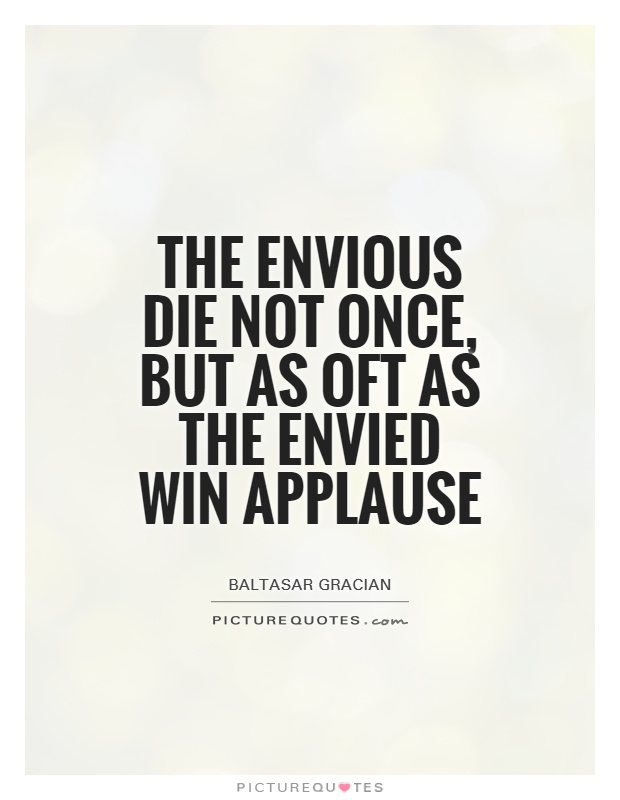
The envious die not once, but as oft as the envied win applause
In the world of Baltasar Gracian, a Spanish Jesuit and baroque prose writer known for his philosophical works, the concept of envy is a prevalent theme. Gracian's quote, "The envious die not once, but as oft as the envied win applause," speaks to the destructive nature of envy and how it can consume a person's soul.Envy is a powerful emotion that can lead to bitterness, resentment, and even hatred towards others who are perceived as more successful or fortunate. Gracian understood that envy is not just a fleeting feeling, but a constant source of torment for those who harbor it. The envious person is not content with their own achievements or blessings, but instead focuses on what others have that they do not.
When the envied receive praise or recognition for their accomplishments, it only serves to fuel the envy of those who covet their success. Each time the envied win applause, it is like a dagger to the heart of the envious, reminding them of their own shortcomings and failures. This cycle of comparison and jealousy can be never-ending, as the envious person continues to measure themselves against others and always comes up short.
Gracian's quote serves as a warning against the dangers of envy and the toll it can take on a person's well-being. Instead of celebrating the success of others, the envious person is consumed by their own insecurities and inadequacies. They are unable to find happiness or contentment in their own lives because they are too focused on what they lack compared to others.
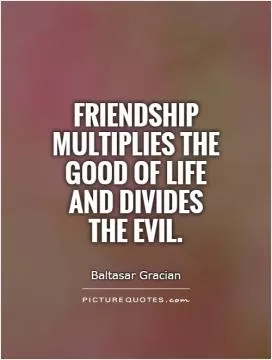
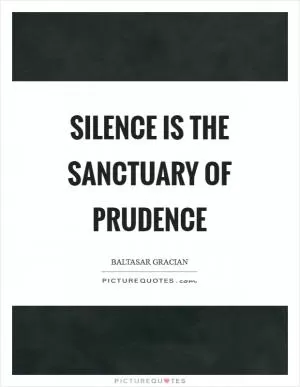
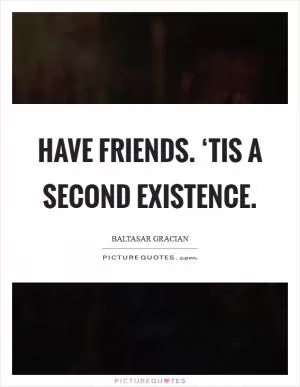

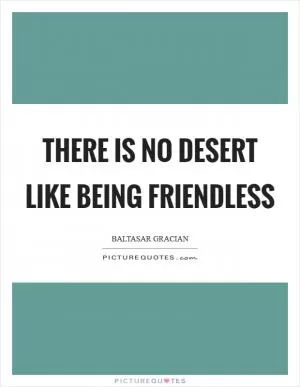







 Friendship Quotes
Friendship Quotes Love Quotes
Love Quotes Life Quotes
Life Quotes Funny Quotes
Funny Quotes Motivational Quotes
Motivational Quotes Inspirational Quotes
Inspirational Quotes